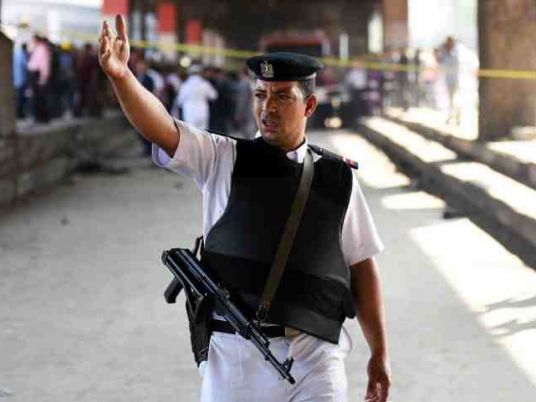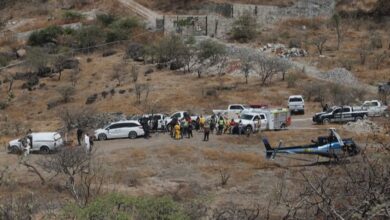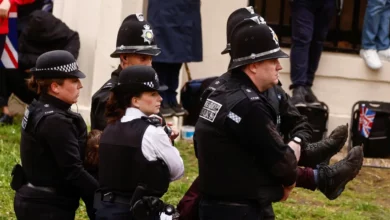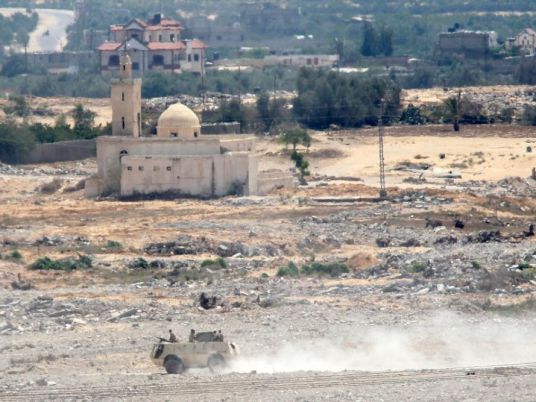Egyptian security is intimidating families of victims who were killed during the pro-democracy demonstrations that started in the country on 25 January, Amnesty International said.
The London-based rights watchdog said that reports they have received reveal behavior similar to the intimidation exercised by Egyptian police during the era of President Hosni Mubarak, who was ousted on 11 February.
“The Egyptian authorities must now do everything in their power to protect individuals and their families who have faced reprisals from the security forces," said Philip Luther, Amnesty International's deputy director for the Middle East and North Africa.
The organization received information from relatives of 19-year-old Mostafa Abdou al-Sayed, a university student who was shot and killed by security on 28 January. They said that a police officer and thugs came to their house in a working class area in Alexandria. The officer told the family to accept financial compensation and not seek justice, warning that he would return for further “negotiations.”
The family had submitted a complaint to the Public Prosecutor in Alexandria accusing police officers of killing their son and using live ammunition against protesters. According to Amnesty International, the family is determined to pursue justice despite the intimidation.
"Egyptians are looking for a clear signal from the authorities in Cairo that they no longer have to fear the threats of the security forces," Luther said. "If the Egyptian authorities are serious about human rights reform, the security forces' regime of fear must be brought to an immediate end."
Violence against pro-democracy protesters was rampant in Alexandria during the uprising, according to an Amnesty International fact-finding delegation. The delegation found that “security forces used excessive, and at times lethal, force against protesters, including those who were not posing an imminent threat to their lives or the lives of others,” according to a press release.
It found that while some protesters behaved violently, attacking public and private property associated with repression and corruption, the police responded disproportionately, using firearms.




